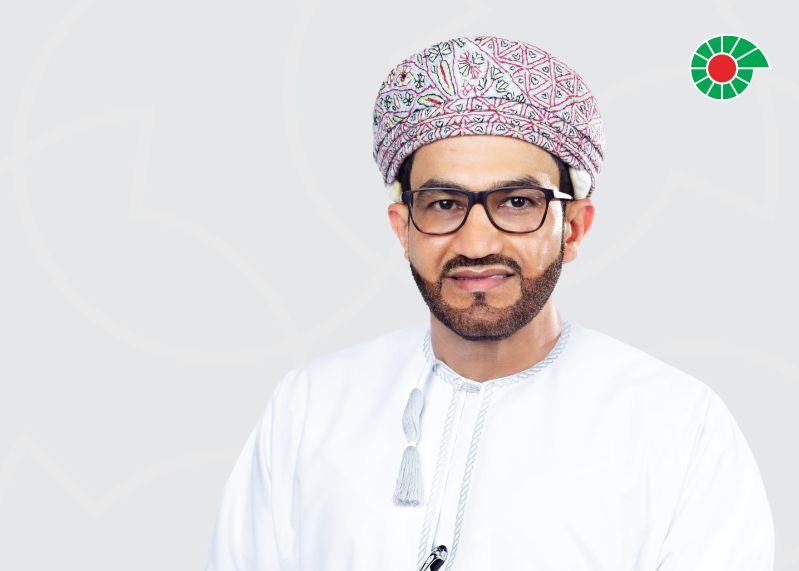
A full proposal for Kuwait’s $14bn rail and metro project, one of the most ambitious transport schemes in the Gulf, will be presented for approval to the prime minister within weeks.
The presentation of a recently completed feasibility study was delayed while parliamentary elections were held on 17 May.
Following this, Sheikh Nasser al-Mohammed al-Sabah was reappointed as prime minister on 20 May and once a new cabinet has been put in place, the project is expected to move forward.
The scheme is divided into two distinct projects, both costing about $7bn. A new 505-kilometre-long railway network will be built from the capital extending to the country’s borders with Iraq and Saudi Arabia.
It is anticipated this will eventually form part of the GCC rail network that will extend down the east coast of the Arabian peninsula and round to the border with Yemen.
At the same time, a 171km inner-city metro project will result in four lines being built across Kuwait City, linked to the new rail network on the outskirts of the capital. About 60km of the metro will be built underground (MEED 5:2:08).
“The study has been completed, it just needs the approval of the prime minister and there has been a slight delay because of the elections,” says Saeed Dashti, chairman of the Kuwait Overland Transport Union (Kotu), which has proposed the project and supervised the masterplan. “The numbers stand. There has been no change to the cost of the project.”
The proposal put to Sheikh Nasser will result in five special purpose firms being established to run the projects: one for the railway; and one each for the four metro lines.
Each company will appoint contractors to build their line on a build-operate-transfer basis.
The prime minister will rule on the breakdown of ownership in these special-purpose companies.
Two proposals have been put forward. The first would result in 50 per cent of the new company opened to public ownership in an initial public offering (IPO), with the government retaining 40 per cent and Kotu holding 10 per cent.
The alternative ownership structure would involve an IPO of 40 per cent of the five companies, while the government and union would keep 30 per cent each.
The committee presenting the proposal to the prime minister will be led by Dashti, along with members of Spain’s Ingenieria & Consultoria de Transporte (Ineco), and the local Kuwait United Development group, which together carried out the feasibility study.
If government approval can be secured swiftly for the project and a decision taken on the ownership of the five special-purpose com-panies soon, Kotu officials hope to begin issuing tenders by the end of 2008.
The rail and metro projects are scheduled to be finished by 2014.
You might also like...

Microsoft invests $1.5bn in Abu Dhabi's G42
16 April 2024

Roshn and Dar Al Arkan sign Sedra deal
16 April 2024

Summit opens with promise to keep Cop28 commitment
16 April 2024

PDO gets first Omani managing director
16 April 2024
A MEED Subscription...
Subscribe or upgrade your current MEED.com package to support your strategic planning with the MENA region’s best source of business information. Proceed to our online shop below to find out more about the features in each package.




